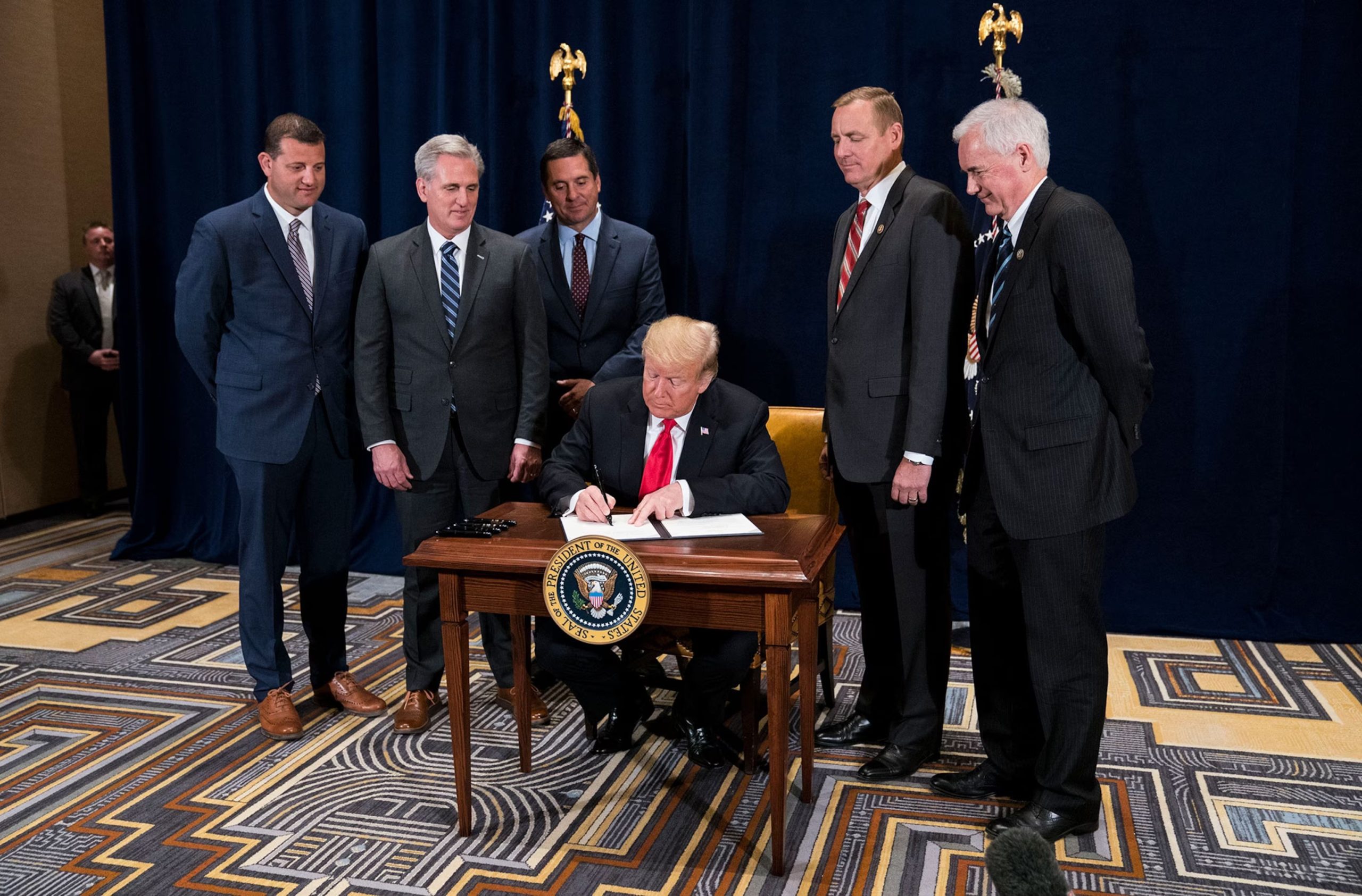The U.S. Department of Justice officially terminated the activities of Task Force KleptoCapture – a special unit that was engaged in seizing assets of Russian oligarchs within the framework of sanctions against Russia due to its invasion of Ukraine.
According to a note distributed to the department's employees on the first day of the new Attorney General Pem Bondi's tenure, lawyers who worked on these cases will return to their previous positions, and resources will be reallocated to combat cartels and international criminal organizations.
Reuters notes that this operational group has, over the past years, brought charges against Russian businessmen such as Oleg Deripaska and Kostiantyn Malofoyev, and also confiscated yachts owned by sanctioned oligarchs Suleiman Kerimov and Viktor Vekselberg.
Despite the disbandment of Task Force KleptoCapture, the Trump administration, including Treasury Secretary Scott Bessent, states its intention to strengthen sanctions against Russia. Bessent, during hearings on his appointment, criticized current sanctions and called for stricter control over Russian oil.
Former head of the Task Force KleptoCapture, Andrew Adams, who now works at the law firm Steptoe, stated that although an increase in the assets of Russian oligarchs in the U.S. is unlikely, it is expected that investigations regarding intermediaries helping to bypass sanctions will slow down.
Ukraine's Reaction
The Ukrainian authorities also responded to the Trump administration's decision. Ukrainian Deputy Minister of Justice Olha Stefanishyna, at the conference "Ukraine's Accession to the EU: Forming a Transformational Agenda," noted that it is still premature to draw definitive conclusions about changes in U.S. policy.
“The new administration is just being formed, and I am confident that we will be able to discuss important issues after the appointment of responsible persons,” – said Stefanishyna.
Other Changes in the U.S. Department of Justice
In addition to the closure of Task Force KleptoCapture, the U.S. Department of Justice also dissolved the Foreign Influence Working Group, which monitored interference by Russia and other countries in U.S. political processes.
Moreover, the approach to implementing the Foreign Agents Registration Act has been changed. Prosecutors are now advised to focus more on traditional espionage cases rather than registration violations.
Another change involved reorienting the work of the anti-corruption group: it will now pay more attention to cases of bribery related to the activities of international cartels.
According to AP, such reforms indicate a shift in the Trump administration's approach to Russia and issues of national security. The main priority of the government now is combating the illegal distribution of fentanyl, which causes approximately 70,000 overdose deaths annually in the U.S.



